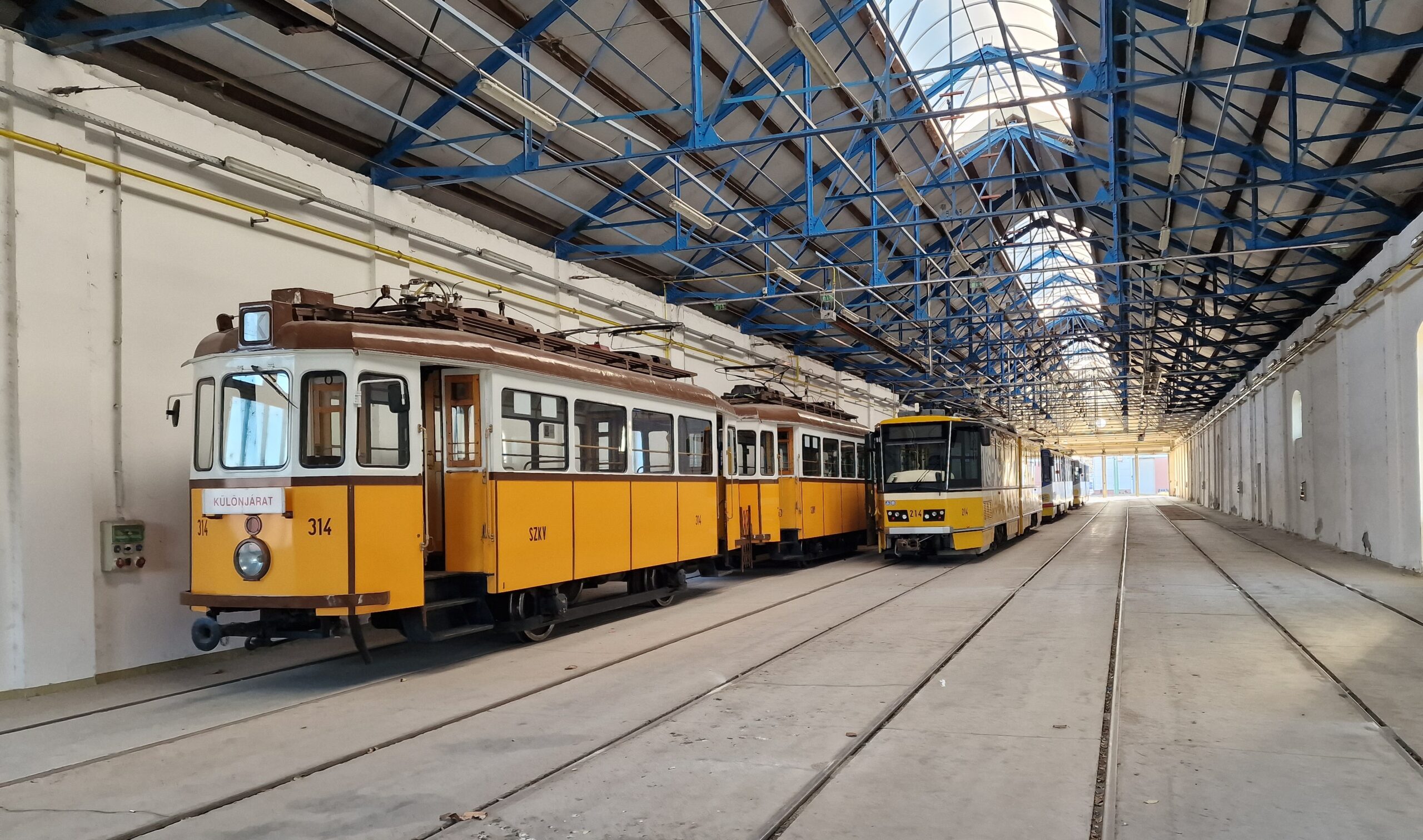Szeged Transport Company’s (SZKT) main role in the CE4CE project is the two pilot actions that are organized and will be carried out by the company. One of those is the replacement of trolleybus switches within the trolleybus overhead line network and the reuse of these replaced switches at the trolleybus depot for further lifetime extension. The other pilot action is developing a universal model for the replacement of the malfunctioning door opening and closing control mechanism of Tatra tram vehicles operating in Szeged. These door regulation units are not in production anymore, and SZKT has these regulators on 15 KT4D-ME trams (4 doors/vehicle) as well as on 13 T6A2 trams (3 doors/vehicle), so altogether there are 99 units to which there are no spare parts availably anymore. In case of a misfunction, SZKT has to either repair it in-house, if it is possible, or has to take these vehicles out of operation. So, this pilot aims to produce a universal replacement door regulation hardware element with vehicle-industry elements.
On the 8th of November, as part of a three-day series of events organized within the framework of the CE4CE project, SZKT organized a site visit to Szeged for the project partners. On this site visit, among other things, the SZKT trolleybus depot and tram depot were visited. On the way to the trolleybus depot, a special bus trip planned for the program took place to demonstrate the locations of the trolleybus switch exchange. Then the site visit continued with visiting the tram depot, where partners could see the Tatra trams involved in the development of the door control unit. At the trolleybus and tram depot as an introduction for the project partners the workshop activities of SZKT was presented. SZKT operates 44 trams and around 60 trolleybuses as well as 12 diesel-buses, the majority are older types taken over second hand from other public transport companies. This means, that SZKT has long tradition of using circularity principles, e.g., extending the lifecycle of vehicles and spare parts, reusing spare parts, etc. . SZKT presented on the currently arrived second-hand vehicles the different levels of refurbishment (e.g., the recently arrived ex-Tychy low-floor Solaris trolleybuses’ full refurbishment with new air conditioning instalments). To keep these older vehicles in service SZKT also performs regular cyclical maintenance at different levels in different locations of the workshops, which was shown to the participants. SZKT also does minor developments on different vehicle types (i.e., new cameras, vending machine installations, repairs of underframe damages, etc.) which were presented.
Photo: Mobilissimus
